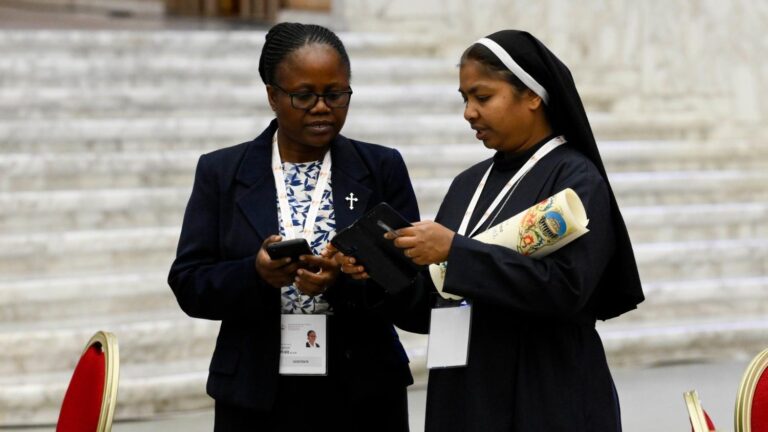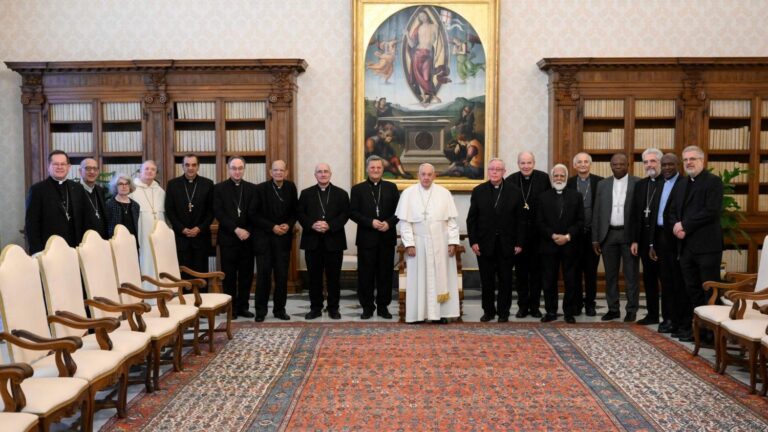COMECE calls on EU to prioritise family values in digital age
Vatican news
In a recently published document, drafted by its youth advisory body, Youth Net, the Commission of the Bishops' Conferences of the European Union (COMECE) highlights the need for EU policy makers to prioritise family values and Christian ethics to reduce the negative effects of the digital revolution on younger generations.
By Lisa Zengarini
In response to the rapid digital transformation impacting European societies, the Commission of the Bishops' Conferences of the European Union (COMECE) has published a comprehensive contribution from its advisory body, Youth Net, highlighting the importance of EU policies that better support families in the digital age to reduce the negative effects of new media on younger generations.
Digital challenges for families in Europe
The document, titled “Digital challenges for families in Europe”, It addresses the dual nature of the digital revolution by highlighting both the benefits and risks of improved connectivity and, therefore, the need for EU policy makers to ensure that technological advances reinforce family values and harmonise with Christian ethics.
In memory of this year World Peace Day Message on “Artificial Intelligence and Peace” In the text in which Pope Francis declared that “inherent dignity and fraternity must underpin the development of new technologies,” the introduction to the document notes that these words are an invitation to individuals around the world “to reflect on the trajectory of technological advances and to engage in the development of new ethical frameworks for families.”
This argument, the preface further states, has been reinforced by feedback from youth representatives in EU Member States, as well as by official EU barometers highlighting this common concern of families, faced with the dual challenge of adapting to new technologies “while seeking to participate in democratic processes that promote social cohesion”.
The impact of digitalization on family dynamics and society
The nine-page paper identifies some of the key challenges posed by digitalisation on family dynamics, such as social isolation, mental health issues, digital addiction, online risks for children and, on a broader scale, its cultural and societal impacts affecting traditional Christian and family values.
He then highlights the principles of Catholic social teaching, including human dignity, concern for the common good and the promotion of authentic interactions, as essential to resolving these problems, emphasizing the central role of the family.
Recommendations in light of Catholic social teaching
In light of these principles and in order to develop a more connected, respectful and human-centred digital environment, COMECE Youth Net therefore recommends that EU policy makers implement three essential actions.
The first is to promote media and information literacy (MIL), that is, education focused on critical thinking and ethical principles, by involving churches and faith-based organizations in the creation of educational projects.
Second, the contribution calls for more effective regulation to protect children from harmful online content such as pornography, building on collaboration with religious institutions.
Finally, it proposes to promote real human relationships through a social campaign addressing issues such as loneliness and self-esteem, involving various role models.
Need for concerted effort
In conclusion, the paper stresses the need for a concerted effort to balance technological advances with the preservation of family values and human dignity. “By focusing on education, regulation and positive digital engagement, we can create an environment that fosters both technological advances and the preservation of fundamental family and societal values,” it concludes.
Vatican news
sc






